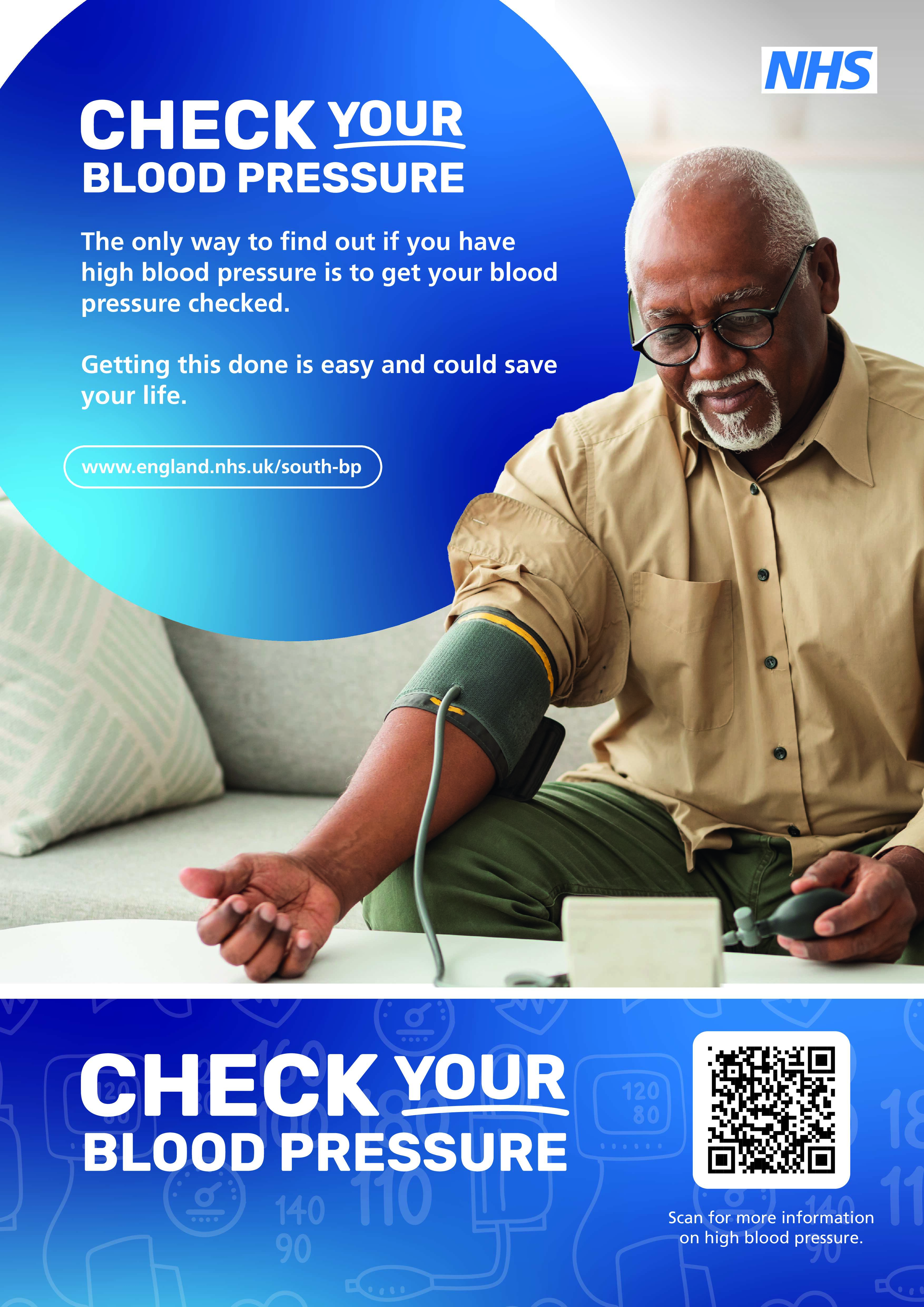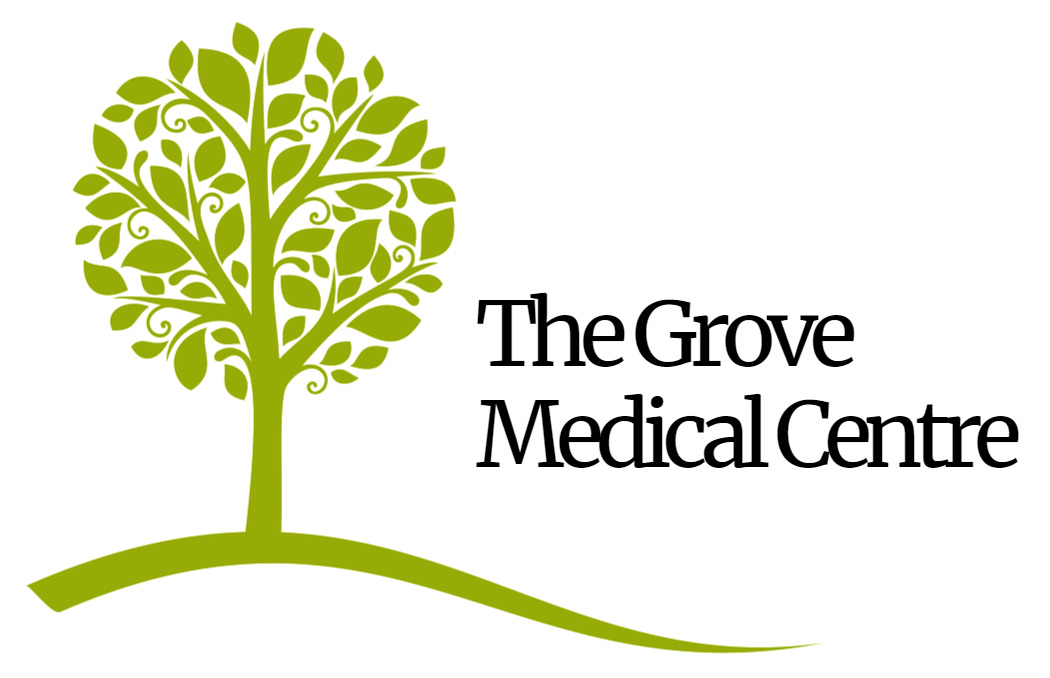Opening Times | Online Services | Contact Us |
CQC Rating Good
Know Your Numbers Week 2024
Reduce your risk - get your blood pressure checked on know your numbers week
September 2nd - 8th is National Know Your Numbers Week. This is a campaign to get people checking their blood pressure.
It is estimated around one in three people in the South West are living with high blood pressure and without regular testing this can go unnoticed, sometimes leading to serious health issues includin stroke and heart attack. High blood pressure rarely has noticeable symptoms. The only way to find out if you have high blood pressure is to get it checked. Getting this done is easy and could save your life.
We think this week is a great opportunity to remind our patients to get their blood pressure checked. We have a machine in our yellow waiting room where you can check your blood pressure, you can also visit a community pharmacy or take a test at home using an easy-to-use monitor. If you are worried about your blood pressure, please book an appointment with a nurse or pharmacist to discuss it further.

What is a blood pressure test?
A blood pressure test checks if your blood pressure is healthy, or if it's high or low. Blood pressure is the term used to describe the strength whith which your blood pushes on the sides of your arteries as it's pumped around your body.
Blood pressure is recorded with 2 numbers:
- The systolic pressure (higher number) is the force at which your heart pumps blood around your body.
- The diastolic pressure (lower number) is the resistance to the blood flow in the blood vessels. They're both measured in millimetres of mercury (mmHg)
As a general guide:
High blood pressure is considered to be 140/90mmHg or higher (150/90mmHg if you're over 80)
Ideal blood pressure is usually considered to be between 90/60mmHg and 120/80mmHg
Blood pressure readings between 120/80mmHg and 140/90mmHg could mean you're at risk of developing high blood pressure if you do not take steps to keep it under control.
Low blood pressure (hypotension) is not usually a problem, although it can cause dizziness and fainting in some people.
Coming up:
The Sherborne Area PCN are planning a health talk about 'How to avoid high blood pressure'. Please look out for details on Facebook and our website.
Published: Aug 29, 2024
We use cookies to help provide you with the best possible online experience.
By using this site, you agree that we may store and access cookies on your device. Cookie policy.
Cookie settings.
Functional Cookies
Functional Cookies are enabled by default at all times so that we can save your preferences for cookie settings and ensure site works and delivers best experience.
3rd Party Cookies
This website uses Google Analytics to collect anonymous information such as the number of visitors to the site, and the most popular pages.
Keeping this cookie enabled helps us to improve our website.
